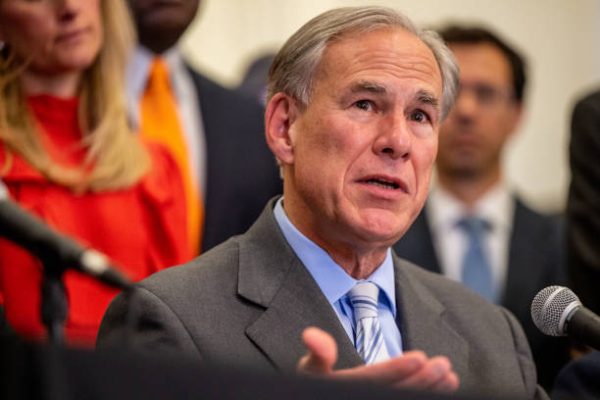For permanent daylight saving
April 8, 2022
The United States Senate passed the Sunshine Protection Act on March 15. Upon passing the House and being signed into law, this bill would make daylight saving time permanent, starting in 2023.
The Sunshine Protection Act needs to become a law.
Continuously enacting daylight saving time benefits the economy. Having light outside in the evening reduces light energy consumption, which is offset by higher demands for heating and cooling power. This has a direct, positive impact on the country’s economy. Additionally, more hours of daylight after traditional work hours encourages shopping and other economic activities. Consumers are more likely to leave their homes in the light than the dark, as they consider it a safer time to be out.
Daylight saving time decreases crime rates. The increase in sunlight during the evening has a direct effect on the lowering of hourly crime rates. When the sun sets later, fewer crimes are committed. This can be from the lack of darkness at that time or the sleep schedule of the average person. Crimes are less likely to be committed when someone is tired, therefore crime is more likely when it gets dark at 6 p.m. instead of dark at 9 p.m.
This permanent time change is better for people’s health. Gaining and then losing an hour of sleep periodically disrupts the sleep patterns that people become adjusted to. Not only can this take a toll on the physical health of people, but the mental health as well. Standard time increases feelings of seasonal depression, illustrating the negative impact of fewer evening daylight hours. With standard time, adults and teenagers are more likely to struggle with seasonal affective disorder and overall poor mental health.
Although some students will have to endure longer hours of darkness in the morning when they are getting on school buses or driving to school, the overall benefits or greater daylight hours in the evening offsets the morning hour concerns.
The Sunshine Protection Act needs to be approved by the House and signed into law by president Joe Biden.
















